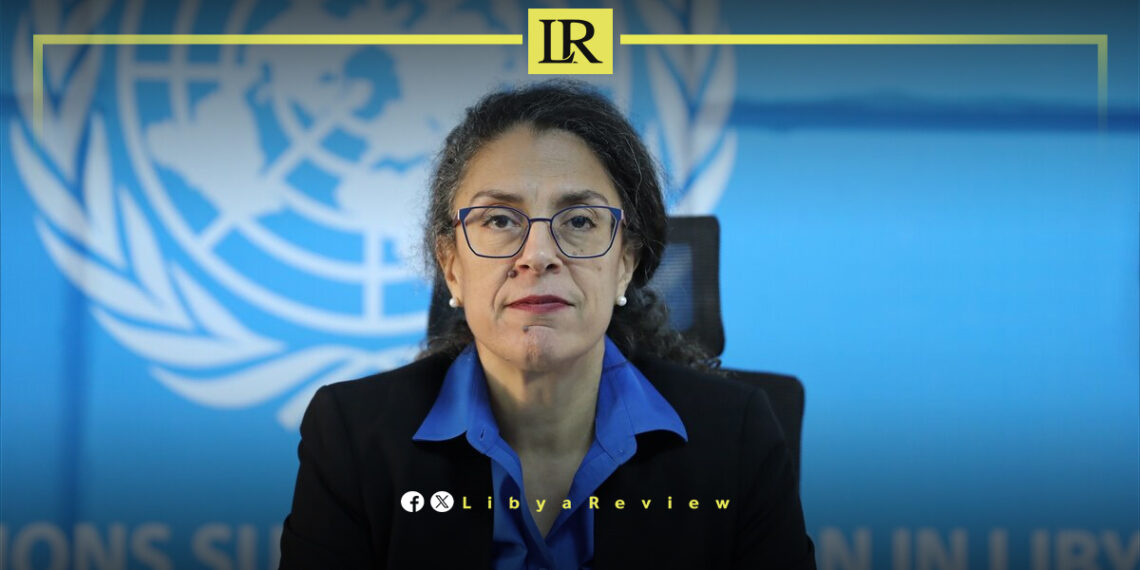In an open letter addressed to Stephanie Khoury, Deputy Special Representative of the United Nations Secretary-General for Libya, 50 prominent Libyan figures called for the formation of a new interim government focused exclusively on overseeing national elections.
The letter reflects growing frustration with the prolonged political stalemate and urges international powers to take concrete steps to restore Libya’s unity, sovereignty, and stability.
The signatories criticised the current situation, where two rival governments—one in the east and another in the west—have deepened Libya’s divisions. They warned that without urgent reforms, the political status quo would continue to prolong instability, foster corruption, and deprive Libyans of their right to elect legitimate leadership.
The letter stressed the importance of international involvement, asking global stakeholders to actively support efforts that reject the fragmented status quo and create a pathway toward political, economic, and social stability.
The signatories argued that the ongoing power struggle between the two governments has allowed corrupt factions and vested interests to flourish, weakening governance and obstructing national reconciliation. They emphasized that the UN’s primary role in Libya should be to facilitate political dialogue and support transparent elections. However, the existing state of division has made it impossible to conduct free and fair elections under two competing administrations.
The figures demanded that the renewed mandate of the UN mission in Libya explicitly include the formation of a small, transitional government, whose sole purpose would be to organize and supervise national elections. This interim government, they argued, would create the necessary conditions for legitimate elections that reflect the will of the people, while eliminating the rivalry between the existing authorities.
In addition to calling for an interim government, the letter urged key international powers—including the United States, the United Kingdom, France, Russia, and China—to take active roles in the process. The signatories stressed the need for immediate action to preserve Libya’s sovereignty and independence, warning that further delays will only deepen the divisions and prolong the suffering of Libyans


